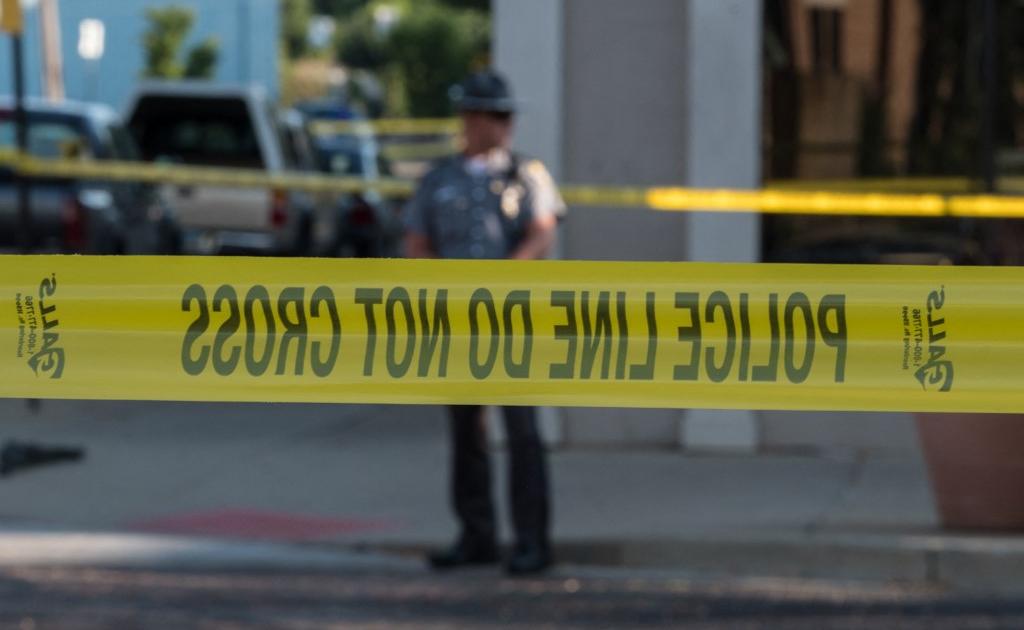Lt. Richard Zimmerman testifies in Hennepin Courthouse, Minneapolis.AP
Five days of emotions in the trial against former police officer Derek Chauvin concluded this Friday with the testimony of Lieutenant Richard Zimmerman, the oldest of the Minneapolis Police Department, who rejected the use of force by the former agent during the arrest of African American George Floyd who ended his life on May 25.
A witness to George Floyd's death: "He was scared, begging for his life"
The 30 minutes leading up to George Floyd's deadly arrest come to light at trial for the first time
"Throwing him on the ground face down and putting the knee on his neck during all that time was simply unnecessary," said the veteran detective, who said that in 40 years of career he never received training for a technique that he described as lethal.
"If your knee is on a person's neck, that can kill them."
Citing police protocol, Zimmerman, who joined the force in 1985 and heads the Homicide Unit, argued before the jury that, once the detainee is immobilized, his safety is in the hands of the police and you have to get him to sit or sit. lie on your side.
"If he's lying on his chest, that restricts his breathing even more," he said.
Although he acknowledged that a suspect in handcuffs can still fight, he clarified that the degree of threat "goes down completely."
“They are handcuffed;
How can they really hurt you? ”He asked the jury.
Zimmerman is one of the most respected voices within the Minneapolis police community, Minnesota's second most populous city.
10 months ago he arrived at what is now called George Floyd Square when the ambulance had already removed the unconscious body of the African American who was disarmed and handcuffed for the more than nine minutes that Chauvin nailed his knee to his neck - a technique allowed in the State at the time.
Chauvin, as seen in the images captured by the cameras that the police carried attached to the body and that were exhibited for the first time on Wednesday in the court of Hennepin County, the jurisdiction in which the events occurred, did not remove his knee from Floyd's neck not even when the ambulance arrived at the crime scene.
Zimmerman's testimony can be devastating for Chauvin, charged with second- and third-degree murder and manslaughter, and comes after David Pleoger, a recently retired Police Department sergeant, maintained that law enforcement protocol states that officers must remove the knee from a suspect's neck when the suspect stops resisting.
"When Mr. Floyd no longer offered any resistance to the agents, they could have ended" the immobilization.
Pleoger called Chauvin when he found out what happened.
The agent did not tell him at the time that he had used his knee to immobilize Floyd either in that conversation or later when they met at the crime scene.
The defendant explained to the sergeant that Floyd had suffered "a medical emergency" while being immobilized.
On the night of May 25, at the hospital where they certified the death of the detainee for paying with a false 20 dollar bill, Chauvin opened up with Pleoger.
"He said he knelt on Floyd or knelt on his neck, something like that," testified the sergeant who clarified that the ex-police officer did not tell him how long he had been on the African American.
Subscribe here to the EL PAÍS América newsletter
and receive all the information keys on the region's current affairs

/cloudfront-eu-central-1.images.arcpublishing.com/prisa/TESPR2AF2TF7RKDKRPRCBSCWQY.jpg)










